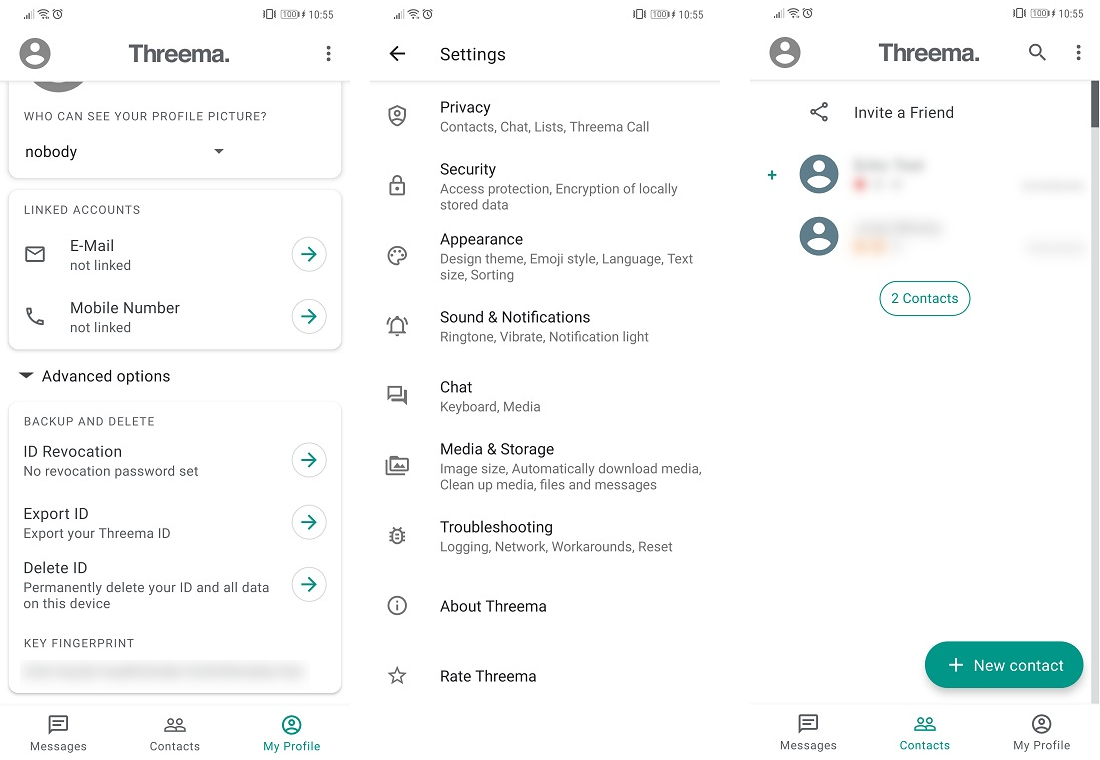

Last spring, master's student Kien Tuong Truong, along with doctoral student Matteo Scarlata and Paterson, took on Swiss provider Threema and studied it for six months. The focus of his research group is on applied cryptography, and specifically on how encryption is used in specific applications. Paterson has investigated messenger-service encryption in the past – and found weaknesses in the Telegram app, for instance. This is especially true in comparison with the competing Signal messaging service, he adds: «Threema's encryption is lagging several years behind.» Research shows surprising weaknesses «There are fundamental weaknesses in its encryption concept,» Paterson says. This is the conclusion of a research group led by professor Kenneth Paterson at ETH, the Swiss public research university. The messenger service received accolades in 2019 when the Swiss federal administration opted to use Threema – and even approved its use for content classified as «confidential.»īut Threema's promise of safety hasn’t stood up to intense scrutiny. No other chat service has «a comparable level of security,» writes Threema with reference to competitors WhatsApp, Telegram and Signal. Threema advertises «maximum security» for its service.

Even German Chancellor Olaf Scholz uses Threema. The fact that Facebook's corporate parent bought up WhatsApp and later wanted to introduce controversial terms of use gave the Swiss provider an extra boost. The short message service was launched 10 years ago as a data-saving and secure alternative to WhatsApp. The Swiss messenger app Threema has been a success.


 0 kommentar(er)
0 kommentar(er)
